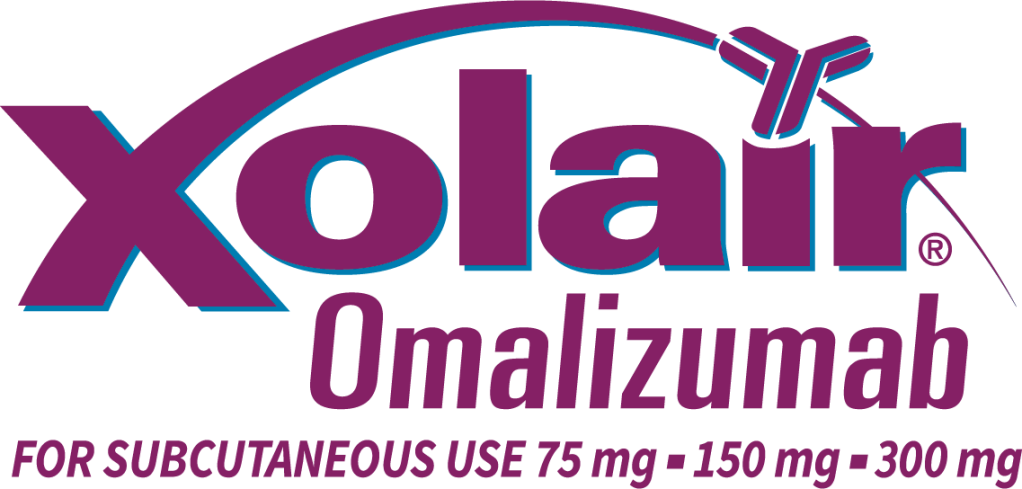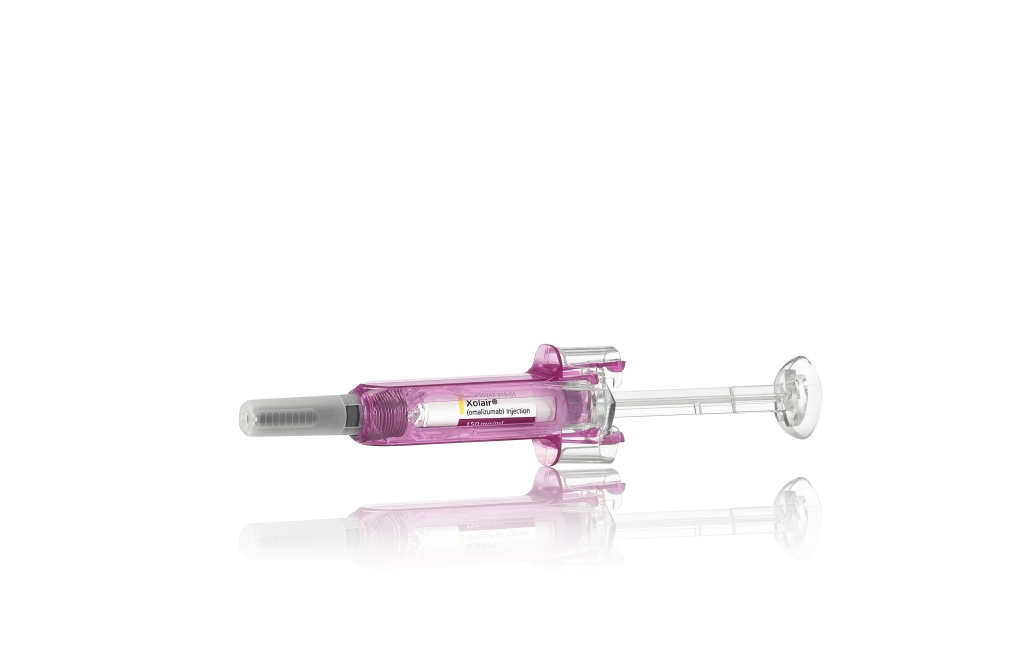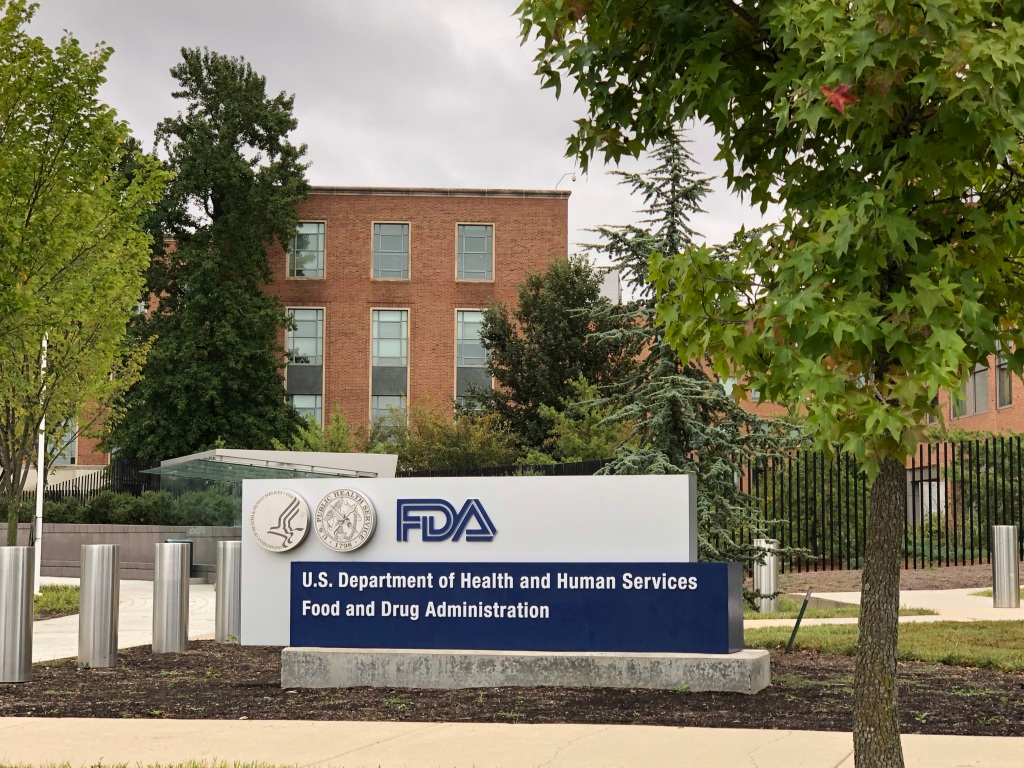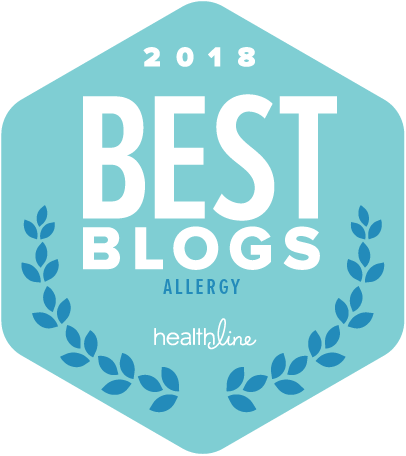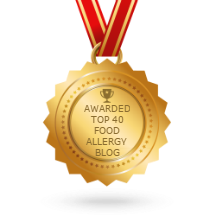Exciting treatment news!
The FDA has approved the use of Xolair as the first and only medication to help prevent allergic reactions in individuals with food allergies. Xolair isn’t a new medication – it comes with a 20 year track record of safety in use with severe asthma. Trials supported by the National Institute of Allergy and Infectious Disease (NIAID) showed this medication to be effective in children over 1 year of age (approved to age 55), helping patients to tolerate small amounts of peanut, dairy (milk), cashew, and egg without experiencing an allergic reaction (as compared to placebo).
Xolair is a product born from a collaboration between Genentech (a subsidiary of Roche) and Novartis. AllergyStrong lauds this type of partnership which brings together the expertise of both companies for the benefit of the patient.
The FDA’s approval of Xolair is an important step forward for the food allergy community for many reasons. It is reassuring for both patients and physicians who appropriately view this approval as validation of Xolair’s safety and efficacy. FDA approval also helps make this preventative treatment affordable as insurers may be willing to cover it more readily, extending the reach of this life-saving product.
Xolair comes with many benefits:
- Xolair helped patients decrease their sensitivity, allowing them to tolerate small amounts of their allergen(s). Even a small decrease in sensitivity to/increase in tolerance of allergens can protect patients from severe allergic reactions.
- Studies show that 40% of people with food allergies are allergic to multiple foods. Unlike some treatments, Xolair increases tolerance to several allergens simultaneously.
- Xolair allows people to increase their tolerance without ingesting their allergen. This decreases the risk of allergic reaction and adverse effects.
- Xolair may be an excellent option for those who cannot see their healthcare provider frequently or easily. Because of its safety profile as well as the fact that patients do not ingest their allergen and will require less monitoring, use of Xolair doesn’t require as many appointments with a healthcare provider – making this an appealing treatment option for patients and families who don’t have easy access to their physician. After initial healthcare appointments to establish a regimen, patients can self-inject with Xolair if they choose.
- Xolair is approved for adults! Xolair is the first FDA-treatment to be approved for use in adults to age 55 filling a major unmet need for this group. Of the 32 million Americans living with food allergies, approximately 26 millions (about 11% of all Americans) are adults.
Keep in mind:
Xolair is not a cure for food allergies – it is protective in the case of accidental ingestion or exposure. Despite using Xolair, people with food allergies will continue to need to avoid their allergen and carry epinephrine with them in case of emergency.
FDA approval may mean this treatment could be covered by insurance which is critically important to families already financially burdened by living with food allergies. Food allergies cost families over $20 billion in the US each year – an average of over $4,100 per child annually. Knowing that lower income families spend 2.5 times more on emergency department visits and hospitalizations than higher earning counterparts, investment in prevention should be highly desirable. Because food avoidance (the current standard of care) is fraught with challenges, insurers would be smart to consider coverage on preventative therapies to ease burden on the healthcare system as well as patients.
We are excited and grateful to Genentech and Novartis for their cooperative work on this important product. Xolair represents an important development in the treatment of food allergies and the protection of individuals living with food allergies. Use of Xolair may not only save lives by preventing severe reactions, but it may also improve quality of life by reducing anxiety and increasing food options for those with food allergies and their families.
